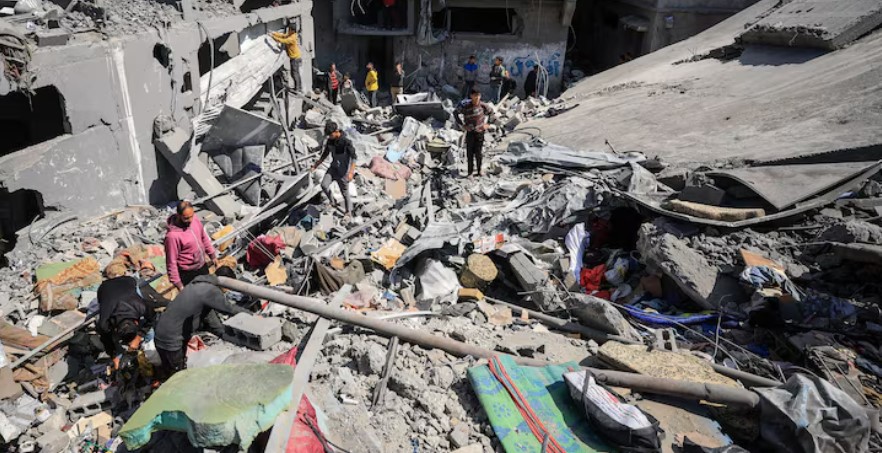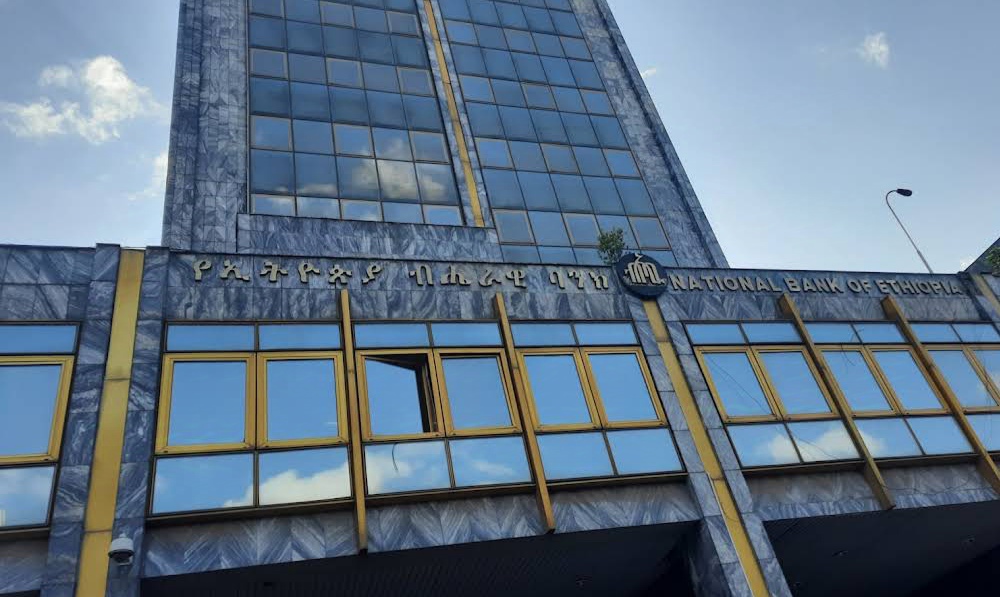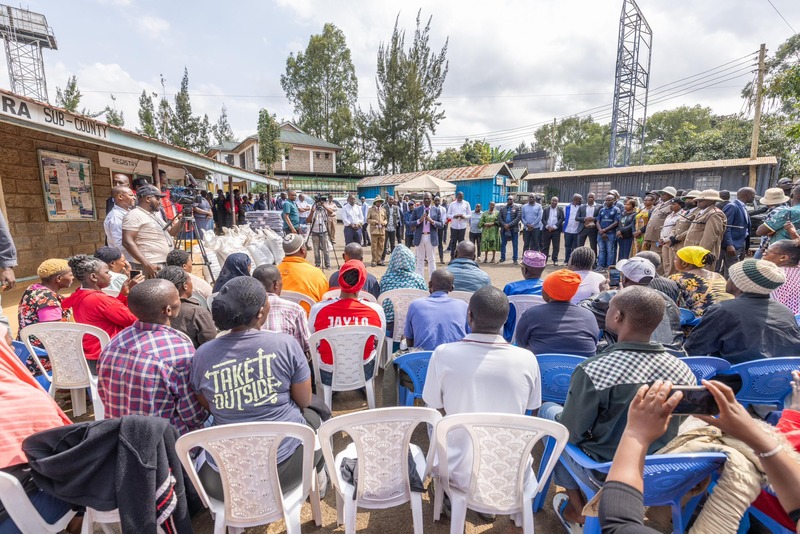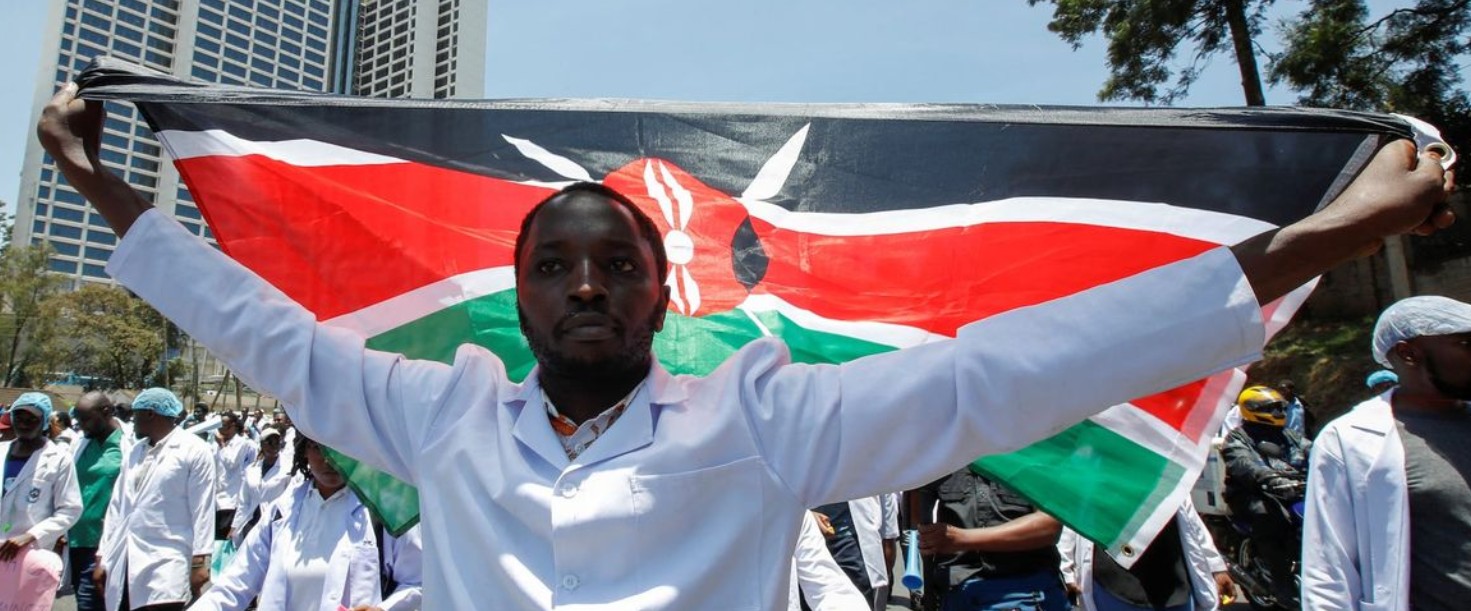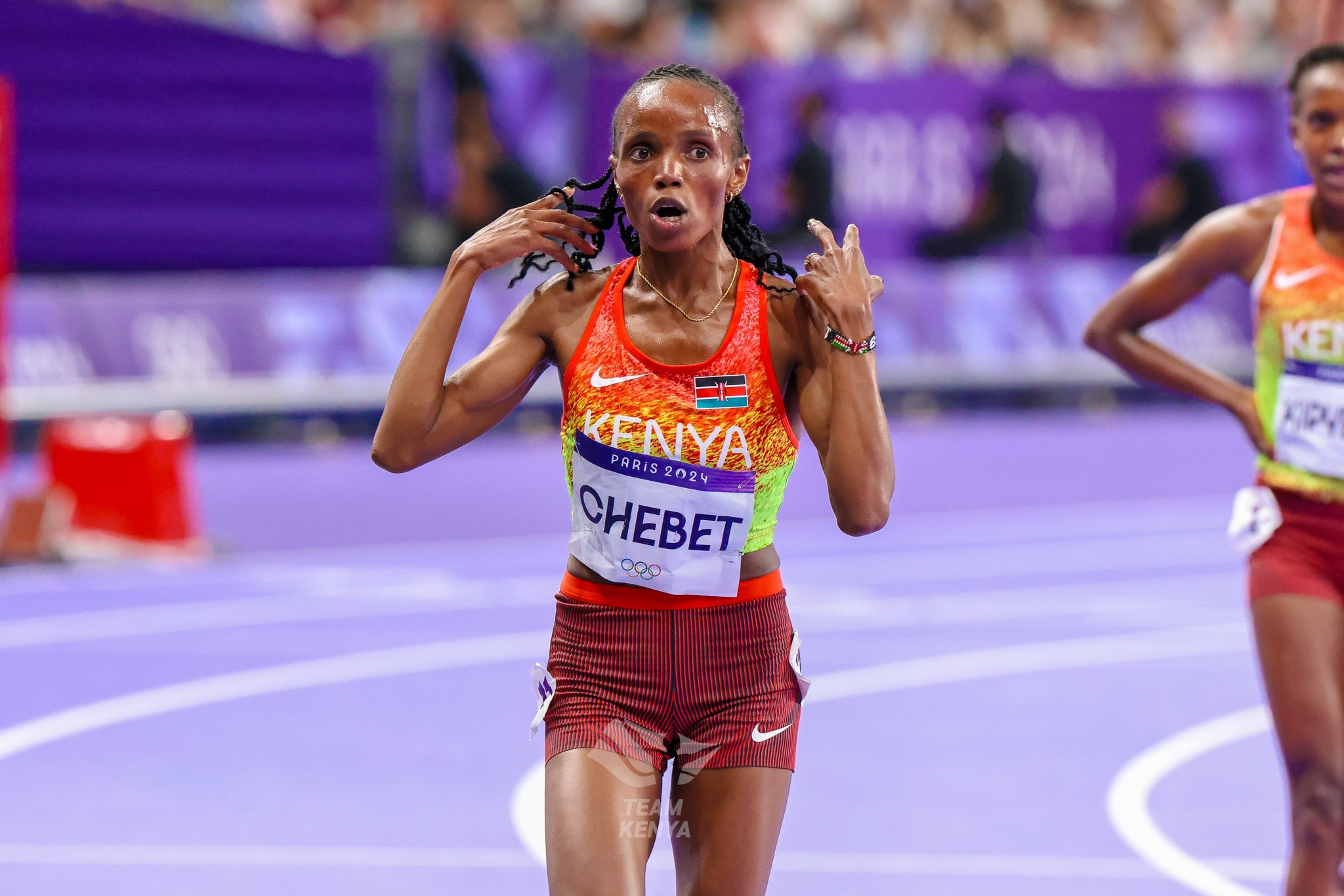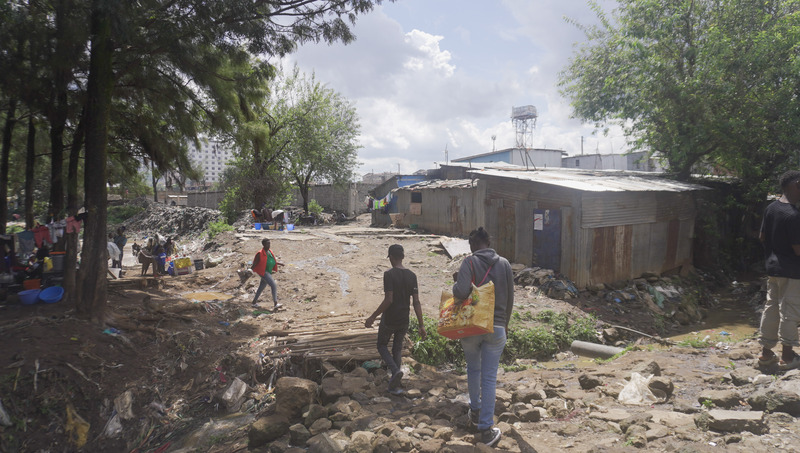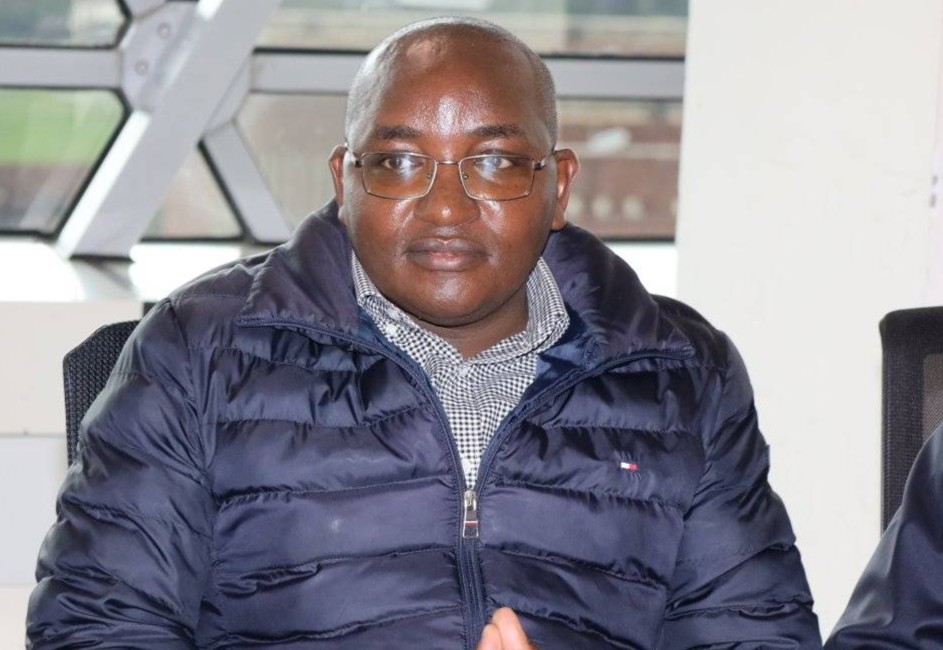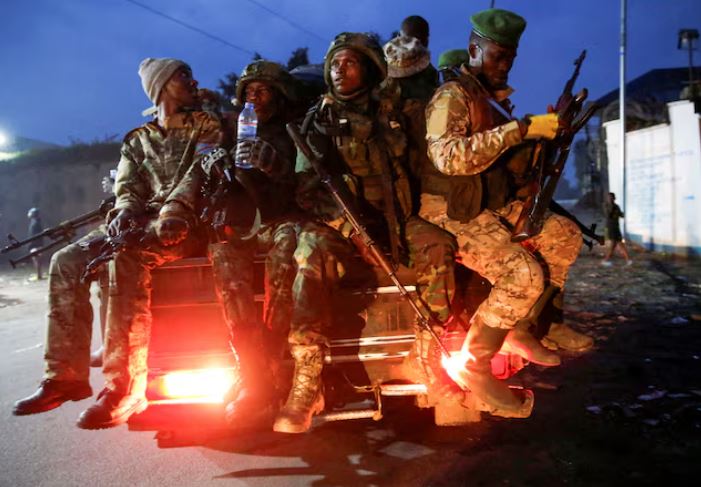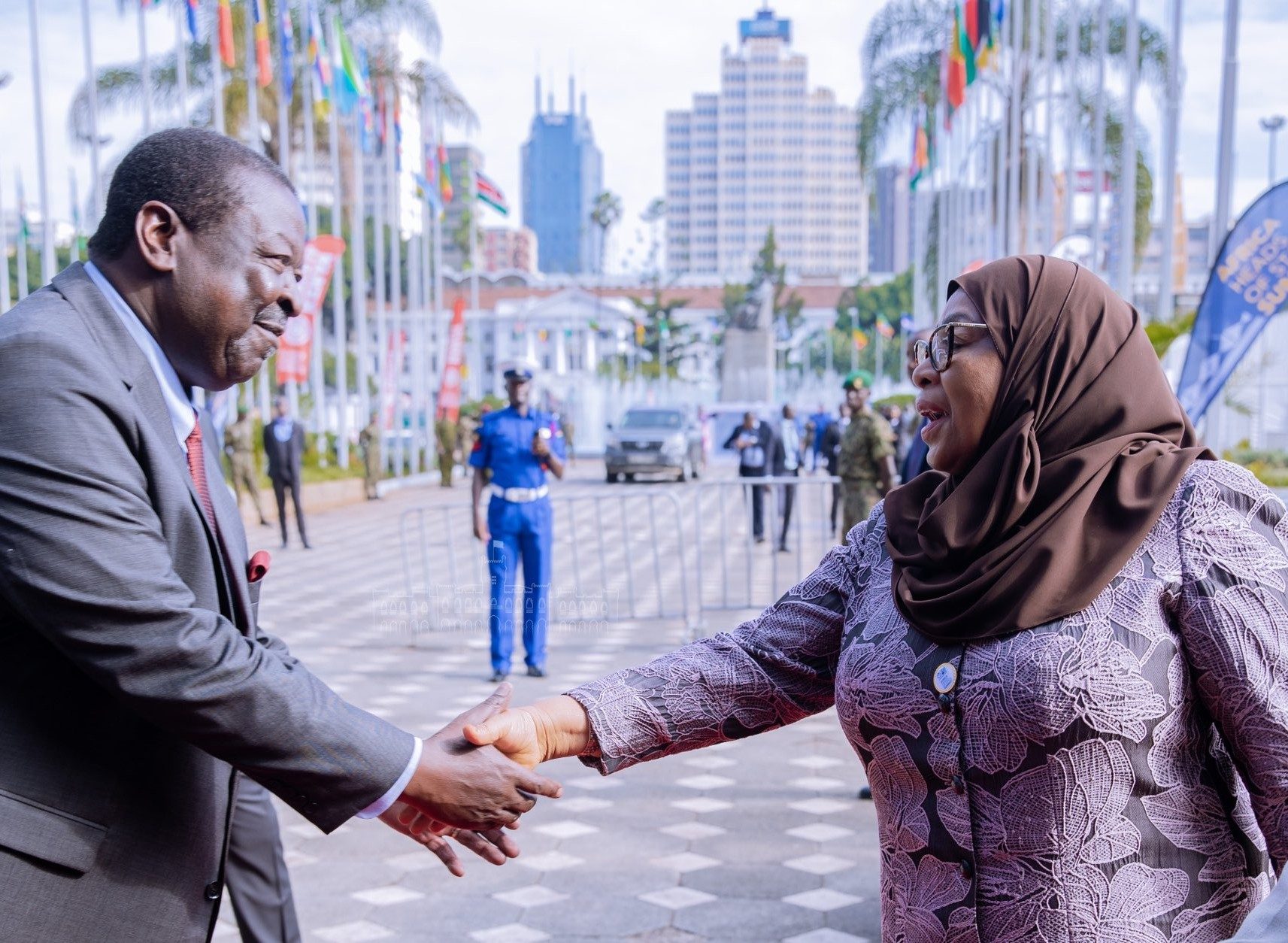Developing nations still off-track in poverty reduction - World Bank report

Today, about 700 million people or 8.5 per cent of the global population, live in extreme poverty on less than $2.15 (Sh280) a day.
After several years of multiple, continuous shocks, economies around the world are finally showing signs of stabilising, and despite the grimmest predictions, the world managed to avoid a global recession this year.
However, while advanced economies have largely recovered, developing countries have yet to catch up while low-income countries risk being left even further behind.
More To Read
This is according to the World Bank end-year highlights report, which says the outplay has occasioned a harsh reality in the strive to end poverty.
"Despite decades of progress, ending extreme poverty everywhere by 2030 is out of reach. Amid anaemic economic growth, the lasting effects of the COVID-19 pandemic, crushing debt burdens, and rising fragility and conflict, the pace of reducing global poverty has effectively stalled," the report reads.
"Devastating climate shocks and extreme weather threaten to slow or reverse progress even more."
Today, the lender says about 700 million people or 8.5 per cent of the global population, live in extreme poverty on less than $2.15 (Sh280) a day.
It adds that around 3.5 billion people live on less than $6.85 (Sh885) a day, with the poverty line more relevant for middle-income countries, which are home to three-quarters of the world's population.
"Without drastic action, it could take decades to eradicate extreme poverty and more than a century to eliminate poverty as it is defined for nearly half of the world."
Multidimensional poverty
The World Bank explains that poverty goes beyond a lack of income, saying it also includes insufficient access to education, health, electricity, or basic services such as safe drinking water or sanitation.
As of 2024, over one-third of people in countries eligible for support from the World Bank's IDA and more than half of those in Sub-Saharan Africa are experiencing multidimensional poverty, highlighting how persistent development challenges remain.
The global lender's report also states that despite the progress made in inclusivity this year, gender equality continues to be an unachieved goal.
"Gender equality is not just a matter of fairness and justice, it is also essential for development. It is key to unlocking economic productivity, reducing poverty, deepening social cohesion, and enhancing the well-being and prosperity of current and future generations yet women continue to face barriers to achieving their full potential," the lender says in part.
"In countries at all income levels, fewer women participate in the labour force than men. To make matters worse, the crises afflicting countries today often have disproportionately negative effects on women, girls, sexual and gender minorities, and other marginalised groups."
Top Stories Today
